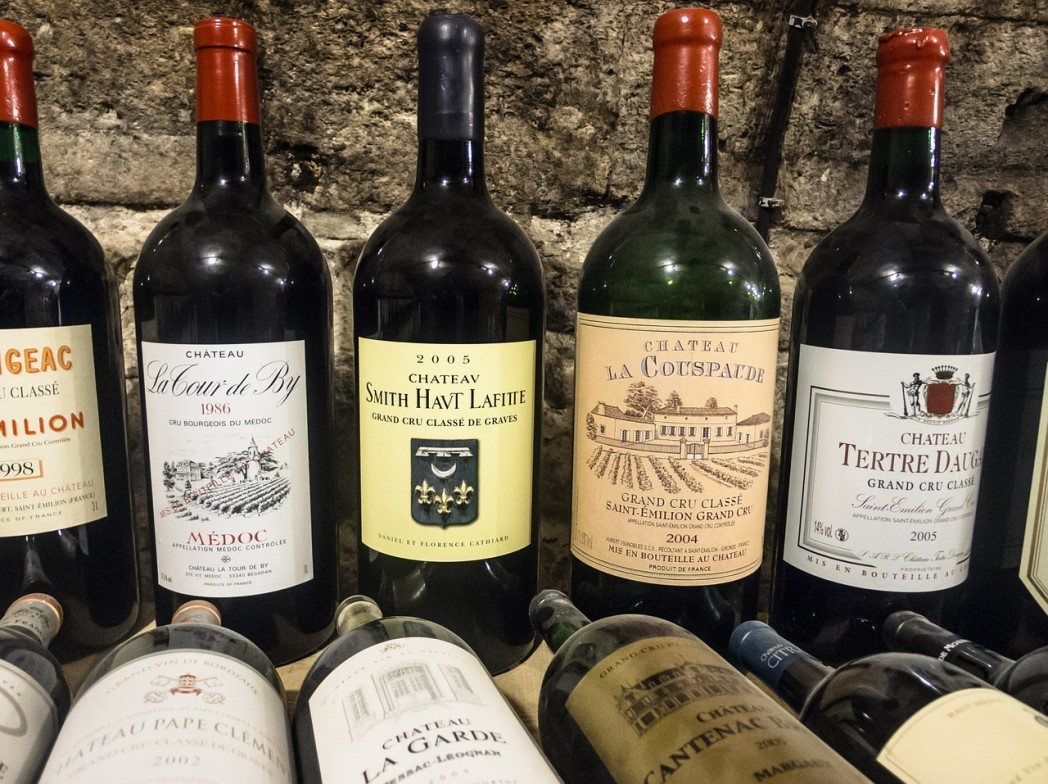Not a lot of things in this world are better when it gets older. But some products out there are deemed more valuable, the older they get. Wine is a great example of such a product.
People’s fascination for wine has just increased over the years and it has become something of major value. It is a part of society and culture because people compare a person who has aged gracefully to age like fine wine. A lot of people all over the world are big wine collectors and they have their cellars where they show off their collections. Now when something of such value is present in the world, the businessmen of the world will congregate and make a business out of it.
Wine buying and selling is big business with millionaires and billionaires paying exorbitant amounts of money to collect wine. Auction houses like Sotheby’s and Christie’s have also started dealing and auctioning wine.
With all this investment activity around wine, a lot of scammers have plagued the system with their promise of great returns for your investment in wine. Let’s take a look at some of the examples of people who have been in contact with scammers.
In a case that was widely talked about in October last year, 12 investors lost about $500,000. The scammers claimed to have procured wine bottles of a 2013 Hewitson – The Mother Vine. The vineyard of Mr. Dean Hewitson told the authorities that he hadn’t made any sales of the 2013 wine because it hadn’t even been bottled yet at the time of the supposed purchase by the scammers. The scammers in this case are The Bottled Wealth Holdings and Australian Wine Index.
The people who lost money in this fraud included pensioners who had put in their life savings of $100,000 in hope of doubling their investment. This is the depth of the problem with these Wine scams.

How to spot a wine scam?
A wine scam similar to other scams has similar themes that should make you wary before a deal. Most of the fraudsters are well dressed and are extremely suave. They would host parties in popular hotels and they would spend exorbitant amounts of money on the brochure and other paraphernalia to seem genuine. Don’t fall for that.
A wine scammer would also ask you to Invest a large sum of money up front compared to doing it piece meal, just like any investment. Most investments are done piece-meal. A wine scammer would try to avoid the topic of selling your wine investment or they would ask you to hold it as a long term Investment. The other aspect is the ridiculous promises that are too good to be true. In one case, people were promised 18% returns within 6 months of their wine investment.
These are the kind of things done by wine scammers that could give you an idea about a scam.

Is wine a safe Investment? If you follow these tips, you could be a good wine investor.
1. Do Your Homework
Keep in mind that investing in wine isn’t as regulated as investing in other asset classes like Unit Trusts or Shares. So before a wine deal, do your research. Find out about the companies, seek out friends who have invested and try to get a company validated before you commit money. Always read the documents carefully and look out for clauses that seem sketchy. Always be prepared.
2. Know your wine
Many people are blinded by the opportunities and do not try to understand the underlying asset, the wine. Always make sure that the firm that you are dealing with work with certain wines that are investable. Not all wines can be bought and sold or held as investment. Know why certain wines make the cut and understand what makes them special and who finds value in these wines?
3. Stranger = Danger
Completely avoid any unsolicited investment opportunities. When genuine companies deal with wine, they have people coming to them and they surely do not cold call future clients. Which business in the present day can expect people to pay them hundreds and thousands of dollars because of a phone conversation? Always work your network and try to find common friends who can make introductions so that you are prepared.
4. What you see is what you get.
Make sure to see your investment. Unlike other investments you can actually verify your wine investment. Most of these wines are stored in regulated warehouses, which have a bond from the government. If your wine is stored in these kinds of warehouses, then the company you are dealing with is likely to be legitimate.
5. Wine Valuation
There are companies that value wine. Companies like Liv-ex are independent companies that gauge the quality of the wine based on certain parameters and would be able to give you a certificate of legitimacy, as well as the value of the wine. These valuers are professionals know how to clearly spot a fake from a real one and would be able to tell you exactly what you will be dealing with
6. Maximise your investment
As wine investment involves buying and selling, there are a lot of costs involved. Make sure that you know the numbers of the investment and always be prepared for cheating by the managers who could take a bit of your profits. Find out the meaning of every item in your finances. Another aspect of wine investing is the taxes. Some taxes can be avoided if your investment company is set-up in a certain way. For example capital gains taxes are levied on the sale of wine. But, you might be able to avoid that tax if your investment company is set-up as a limited partnership.
7. Know your buyer
You should always see the value from the buyer’s perspective. Why do some people pay exorbitant amount of money in auctions for a bottle of wine that is 25 years old? Understanding the reason behind this could direct you towards the right kind of wine investments. Arrange a meeting with a wine buyer and pick his or her brain about why they buy what they buy and how do they enrich from the wine purchase?
Also read: Why are Unit Trust sexy?
Wine investment can be a safe and profitable option if you follow parameters and do your homework. Not everybody can be trusted and if you doing business with some one, understand them and learn their background thoroughly.